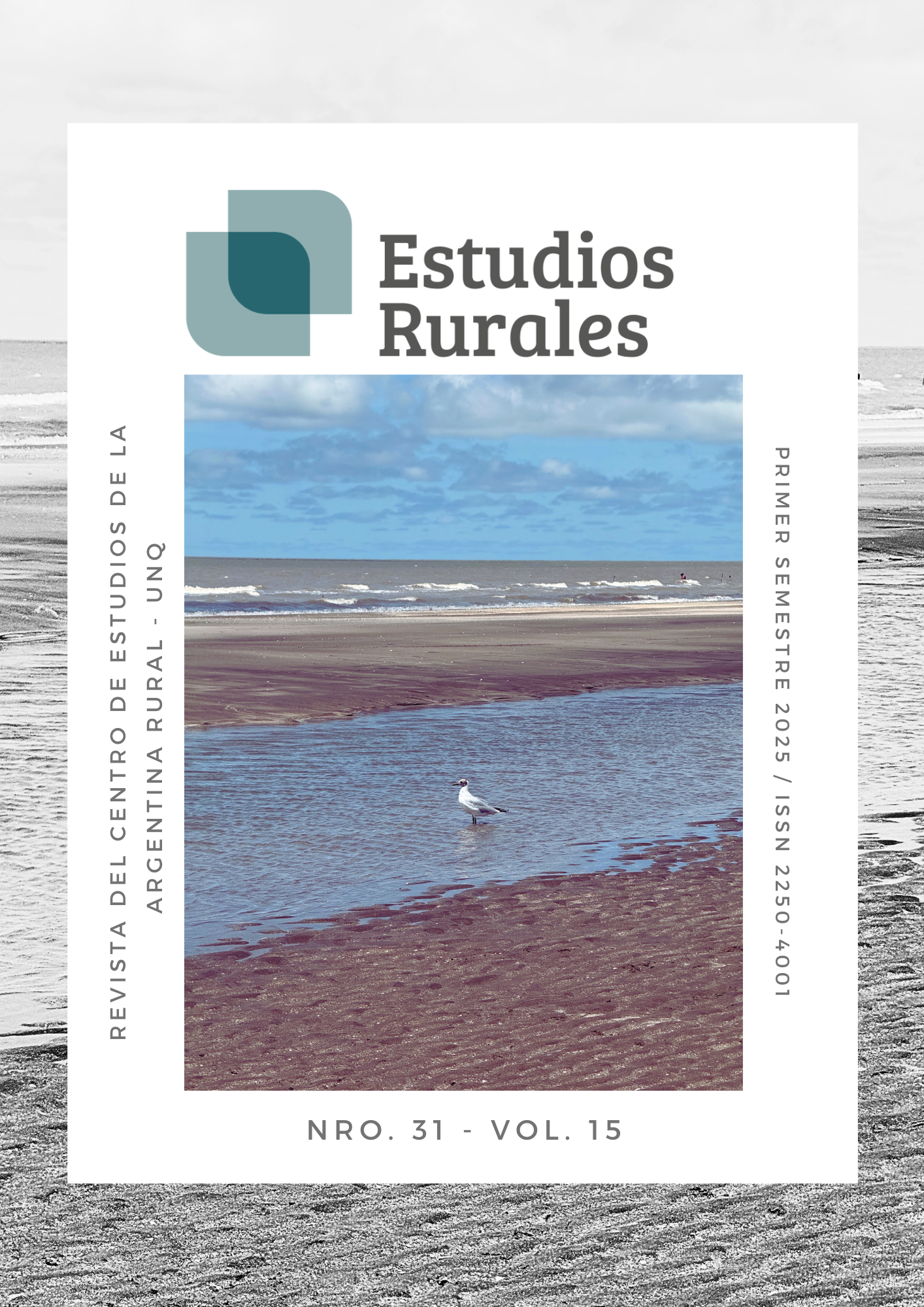Between Reforms and Resistances: The Land Question in Contemporary Latin America
Keywords:
Land tenure structure, Agrarian reform, Rural conflicts, Latin AmericaAbstract
The text offers a long-term perspective on the agrarian structure in Latin America, historically characterized by a high concentration of land, transformations in property rights, and persistent social conflicts. This structural configuration has sustained the leading role of the agro-export sector, whose technological and productive transformations have deepened rural inequalities.
Since the early 20th century, particularly after the mid-century revolutions, the debate on agrarian reform emerged as a way to democratize access to land. However, the policies implemented—ranging from redistributive models to preventive modernization strategies—generally failed to alter the concentration pattern and often contributed to its consolidation under the “Green Revolution” paradigm. At the same time, forms of resistance and political organization developed, along with disputes over the meaning of land as a productive and social resource.
The dossier introduced by this text brings together research that addresses the agrarian question from historical, institutional, and organizational perspectives. The articles analyze reform and counter-reform policies, land concentration processes, and contemporary disputes over the social function of land. Through case studies in El Salvador, Uruguay, Brazil, and Bolivia, the works highlight the persistence of an unfinished agenda surrounding the land issue, marked by new forms of concentration, territorial conflicts, state silences, and social adaptation strategies. Thus, the dossier provides analytical tools to rethink the agrarian problem in Latin America from a critical, situated, and long-term perspective.


